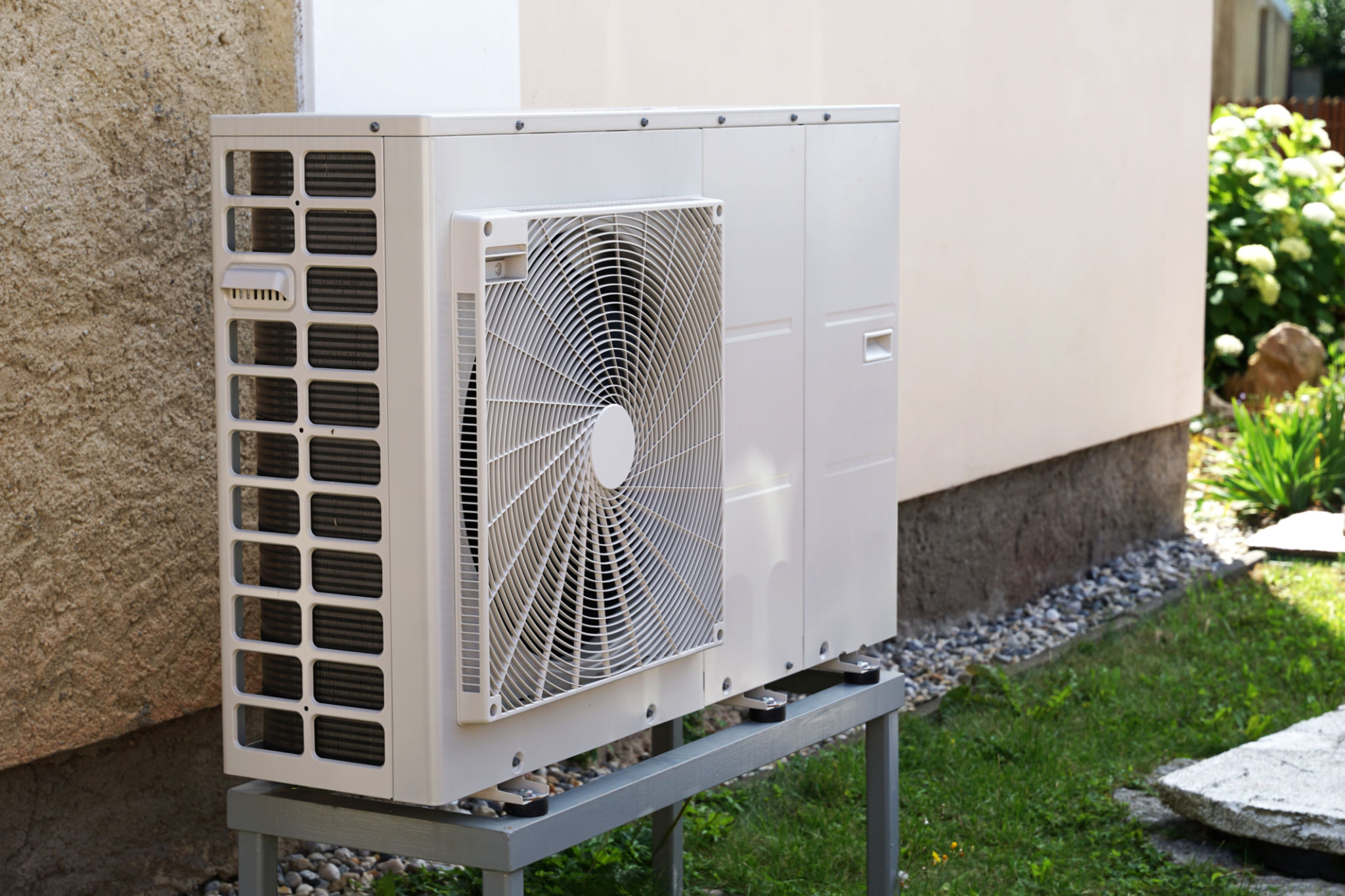Stay Ahead with the Latest Innovations in Hot Water Technology
Understanding the Evolution of Hot Water Systems
The world of hot water technology is constantly evolving, with innovations making these systems more efficient, eco-friendly, and user-friendly. Staying informed about these changes is crucial for homeowners and industry professionals looking to optimize energy use and reduce costs. This post explores the latest advancements in hot water technology, highlighting how they can benefit your home or business.
Traditional water heaters are being replaced by new systems that prioritize efficiency and sustainability. These innovations not only save money but also reduce the environmental impact. Let's delve into some of the most significant trends in hot water technology today.

Energy Efficiency and Sustainability
One of the primary trends in hot water technology is the focus on energy efficiency. Modern systems are designed to minimize energy consumption while maximizing output. This is achieved through features like improved insulation, advanced thermostatic controls, and energy-efficient heating elements.
Sustainability is also at the forefront, with many systems utilizing renewable energy sources such as solar power. Solar water heaters, for example, harness the sun's energy to heat water, significantly reducing reliance on fossil fuels. These systems not only lower your energy bills but also contribute to a greener planet.
Smart Technology Integration
The integration of smart technology in hot water systems is revolutionizing how we manage and monitor our water heating needs. Smart water heaters are equipped with Wi-Fi connectivity, allowing users to control temperature settings remotely via smartphone apps. This feature ensures optimal comfort and convenience.
Moreover, these smart systems provide valuable insights into usage patterns, helping homeowners make informed decisions about their energy consumption. By analyzing this data, users can adjust their habits to save both water and energy.

Tankless Water Heaters
Tankless water heaters, also known as on-demand water heaters, are gaining popularity due to their compact design and efficiency. Unlike traditional models that store hot water in a tank, these units heat water only when needed. This reduces standby energy loss and provides a continuous supply of hot water.
Tankless systems are ideal for households looking to save space and reduce energy bills. They are available in electric and gas models, catering to different preferences and needs.
Heat Pump Water Heaters
Heat pump water heaters (HPWHs) offer another innovative solution for efficient hot water production. These systems work by transferring heat from the air or ground to heat the water, making them up to three times more efficient than conventional electric water heaters.
HPWHs are particularly effective in moderate climates where they can take advantage of ambient air temperatures. Their ability to significantly cut down on electricity usage makes them an attractive option for eco-conscious consumers.

Hybrid Water Heaters
Combining the best features of traditional and modern technologies, hybrid water heaters offer an efficient and versatile solution. These systems use a heat pump to enhance efficiency while retaining the ability to quickly heat large volumes of water with traditional heating elements when needed.
Hybrid models are ideal for larger households or commercial settings where high demand and efficiency are both priorities. They provide a balance between performance and sustainability, making them a smart choice for modern users.
- Improved energy efficiency
- Sustainable options like solar and heat pumps
- Smart technology integration
- Space-saving designs
The Future of Hot Water Technology
As hot water technology continues to evolve, future innovations promise even greater efficiency and convenience. The integration of artificial intelligence could further optimize system operations and predict maintenance needs before issues arise.
The growing emphasis on sustainability will likely spur more developments in renewable energy applications for water heating. By staying informed about these trends, you can make educated decisions that benefit both your household and the environment.
